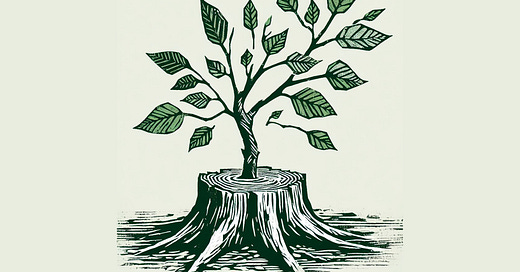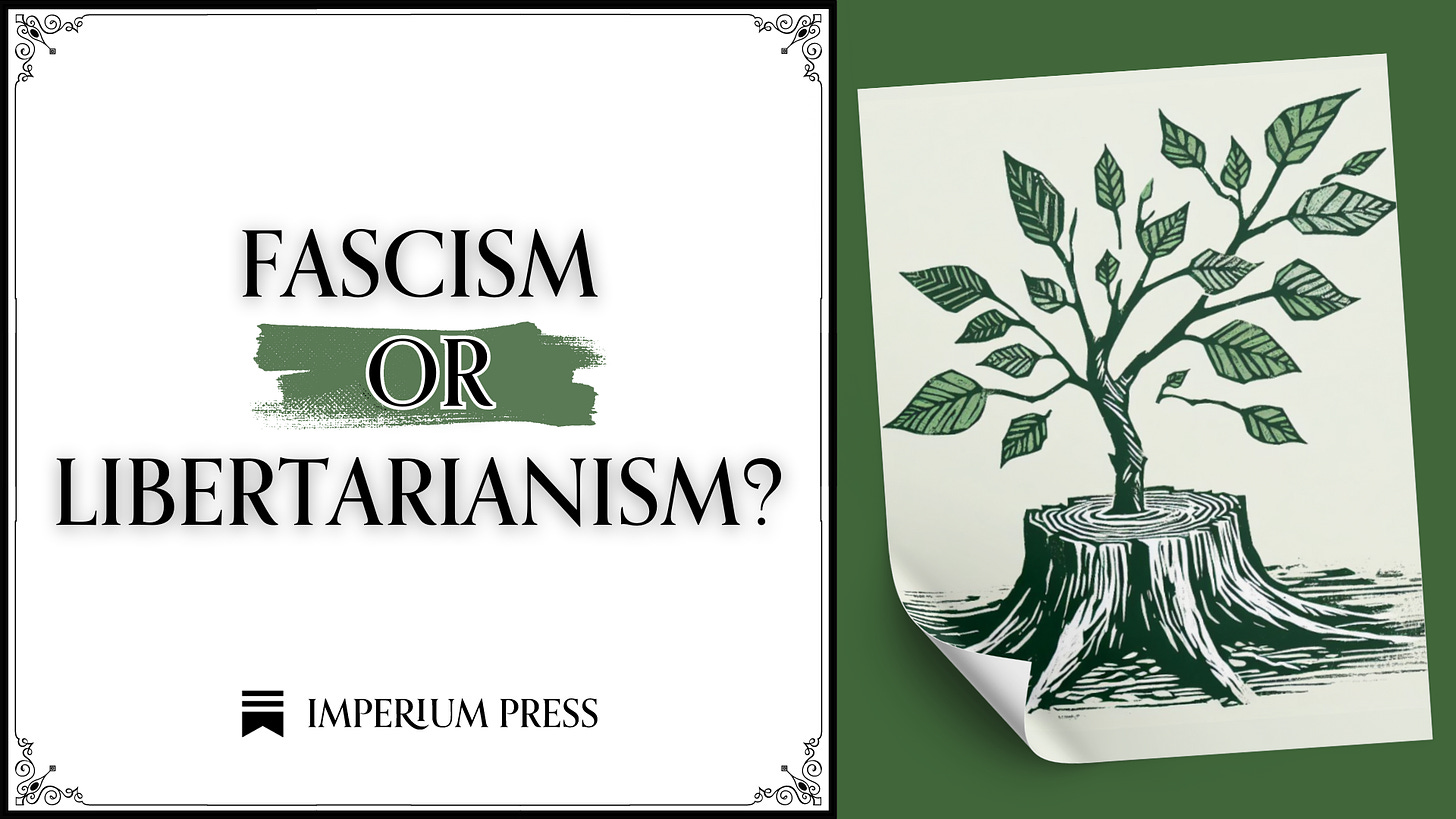If you prefer the audio of this article, click here.
Someone recently asked me why we labour over the project of reconstructing an archaic Indo-European (IE) worldview. Doesn’t this seem a bit distant and obscure? Why not something like classical liberalism or natural law? Something closer to home.
The answer is that those closer things, such as classical liberalism, have failed. And they haven’t even failed in a productive way, the way that Rome failed but created the basis upon which all subsequent history could build. Most of these things closer to our time failed by trying to fix what wasn’t broke, and now everything is broke, and no building can be done. It all has to be torn down and re-built from scratch.
But is reconstructing the primordial IE worldview really incompatible with these modern ideas?
Obviously classical liberalism is stupid. We’ve critiqued it before, and many others have critiqued it before. The basic critique (although many critiques are possible) is that liberalism is anti-authoritarian, and not only is authority necessary for a functional society, it’s the ground-level foundation of any belief whatsoever.
But then the question gets raised, quite reasonably, what in liberalism appeals to us? The thesis that liberalism was imposed as a matter of political expediency goes quite a long way, but there must be something in it that agrees with us.
Is there credence to the idea that we were originally free-roaming, proto-liberal barbarians, crashing around the steppe like Nietzschean overmen, full of self-overcoming and casting a wistful eye to the horizon? Certainly not. This is the stuff of romance and not anthropology. But our love of “freedom” doesn’t come from nowhere. So where does it come from? The answer is something called immunity.
In the beginning, the IEs were organized into families who worshipped their own paternal ancestors, whose line was reckoned as descending from the high gods. This ancestor worship necessarily made each household somewhat discrete—the high gods were significant, but the gods with the most significance to daily life were those not shared with one’s neighbours: the house spirits, land spirits, and dead ancestors. This tended to “push apart” families and make them little self-governing units, organized around the headship of the eldest father and successor by primogeniture.
We are of course simplifying here—there were different forms of organization, including communes such as we know them from later history. But the original form of organization, and the one that most strongly marks the IE spiritual and political understanding, was that of an immunity, a household whose attachment to the larger body politic was less important than its internal constitution. Your boss was the House Father; his boss might have been the clan chieftain, but the chieftain had no right to encroach on his sovereignty. The House Father was like a little supreme pontiff, and answered to no one for what went on within his household.
We could, in a very qualified sense, consider this immunity, this sovereignty of the House Father, a kind of freedom, although that word has accumulated so many ideas of self-legislation that we really should not use it here. The House Father certainly wasn’t free to do what he liked. He couldn’t sell the property. He couldn’t start worshipping other gods. He couldn’t abandon the custom of the ancestors. But he could, by tradition, not be interfered with from outside. Rather than calling this freedom, let us call it sovereignty. The House Father alone was king of his castle; everyone within it was bound to his authority. Some dissidents call for “freedom”, but don’t realize that “free” is really a distorted way of saying “authoritarian”.
To summarize, we have found the Bronze Age version of “don’t tread on me”. It is, however, not so much about freedom as it is about sovereignty and localism. This is not libertarianism—not nearly—but the outlines of libertarianism are visible.1 But liberalism is not the only failed modern project which we are counseled to go back to instead of the IE household—fascism also looms large over the radical right.





